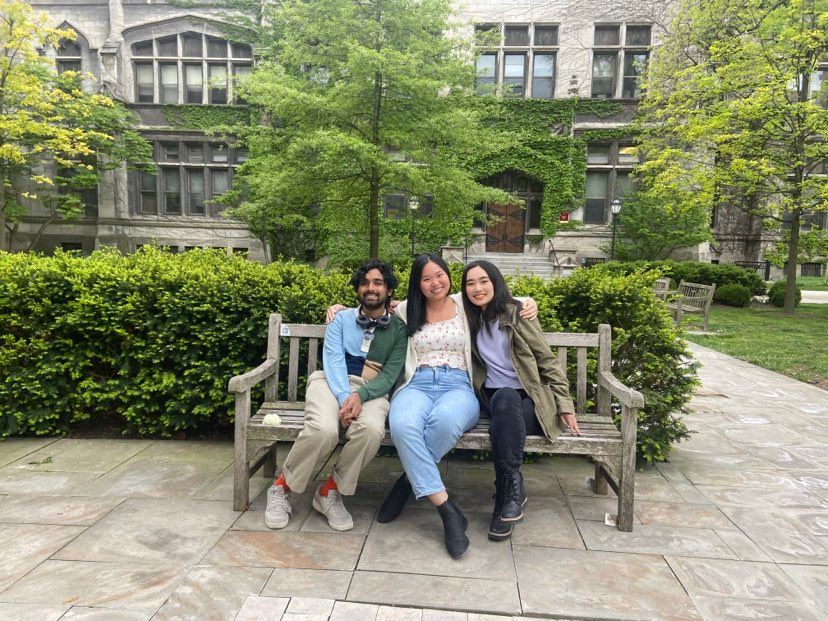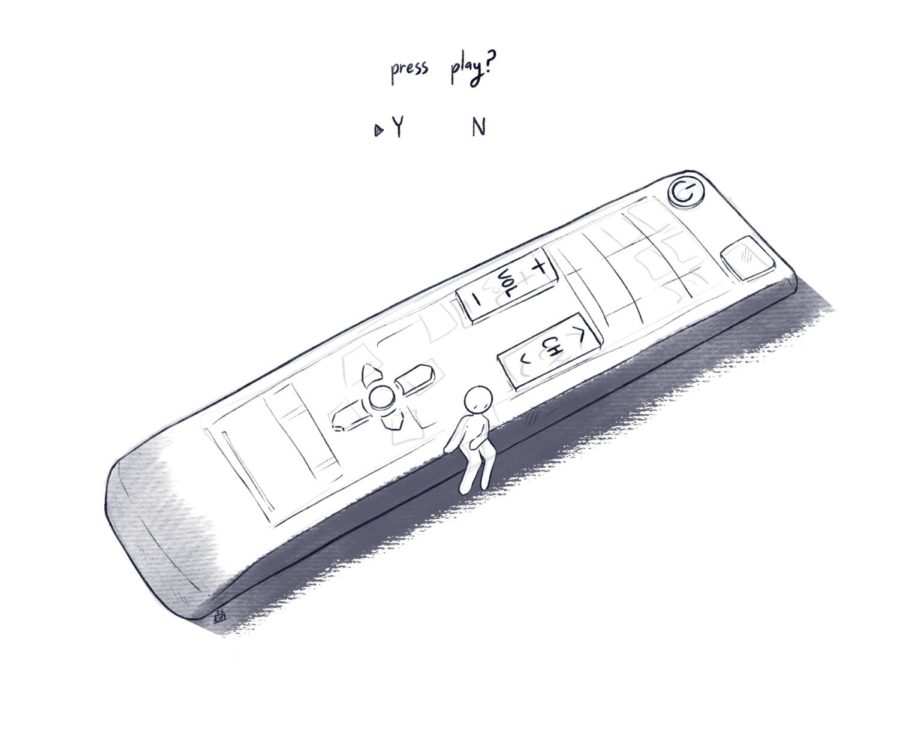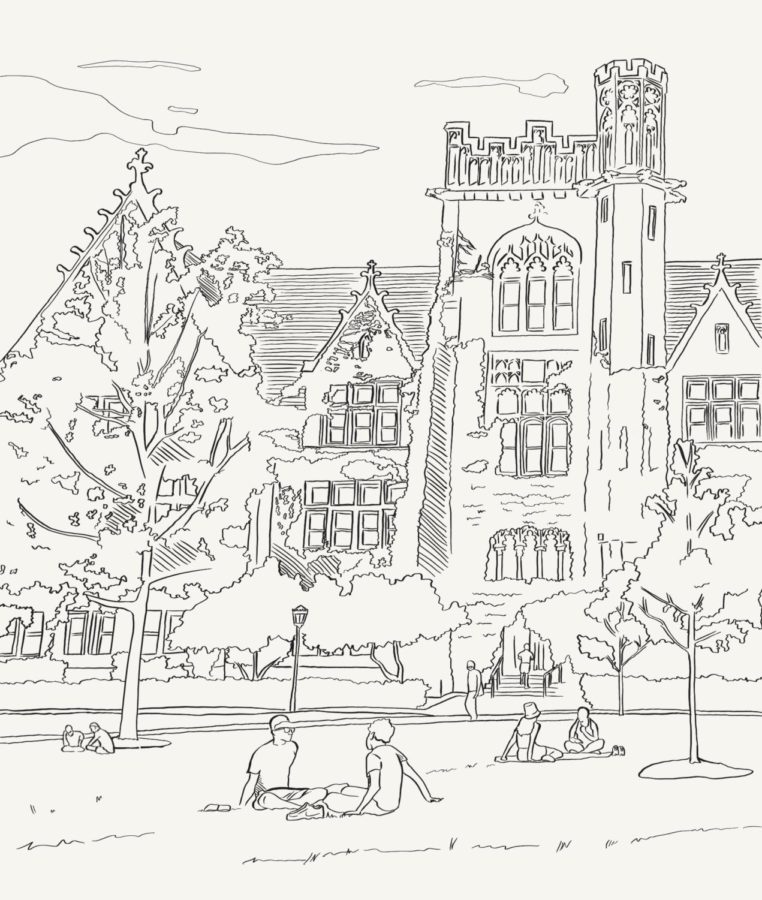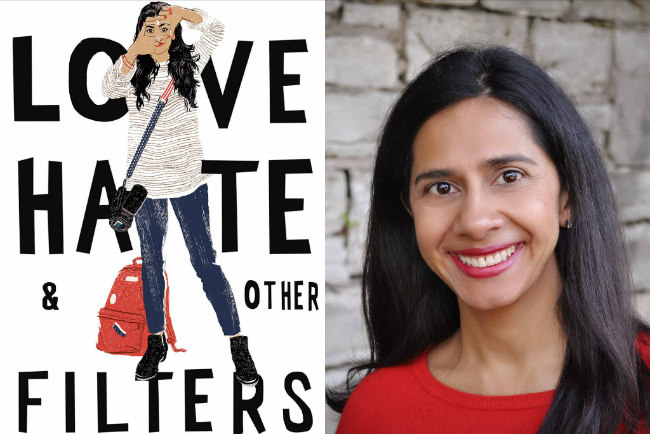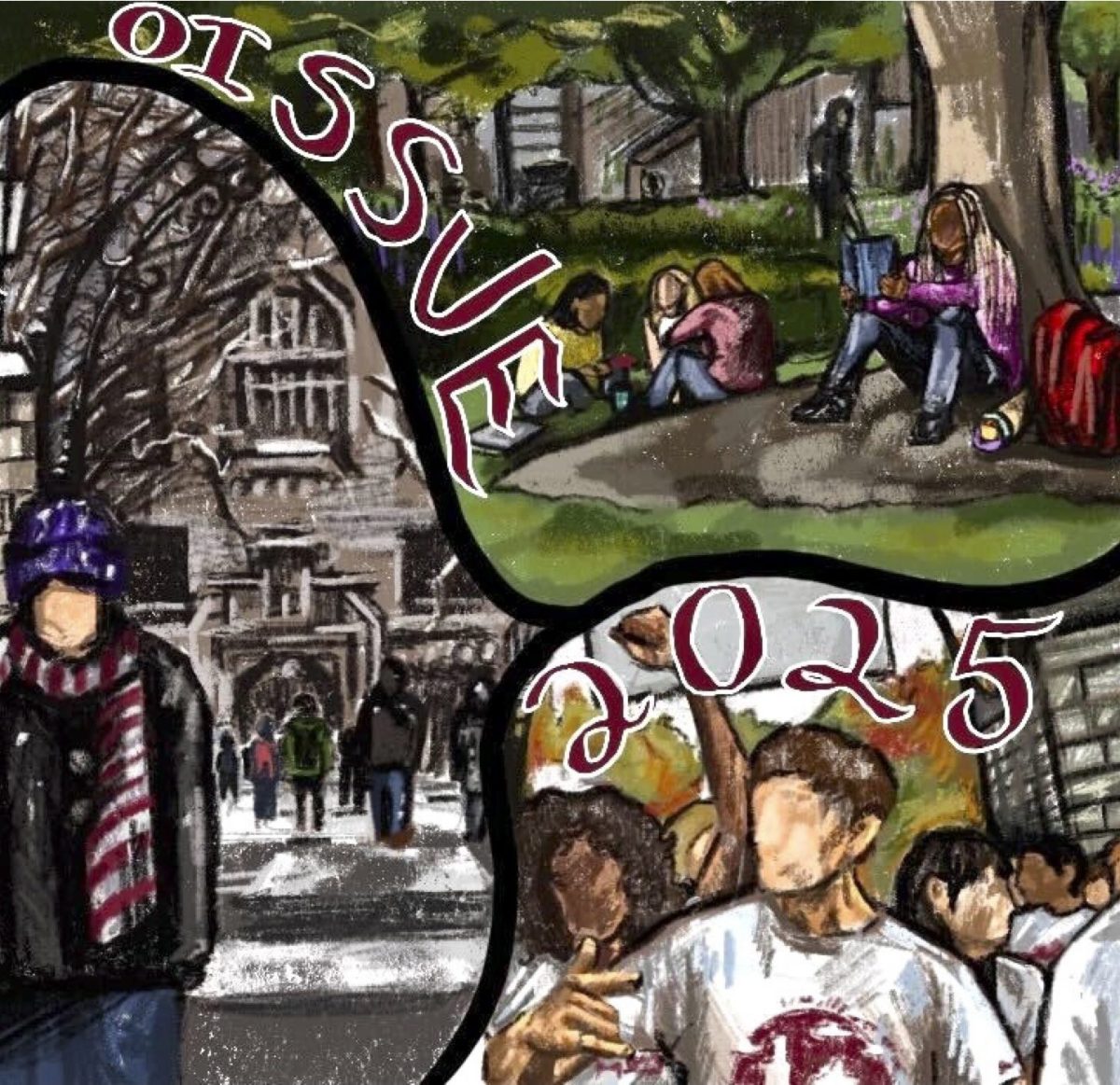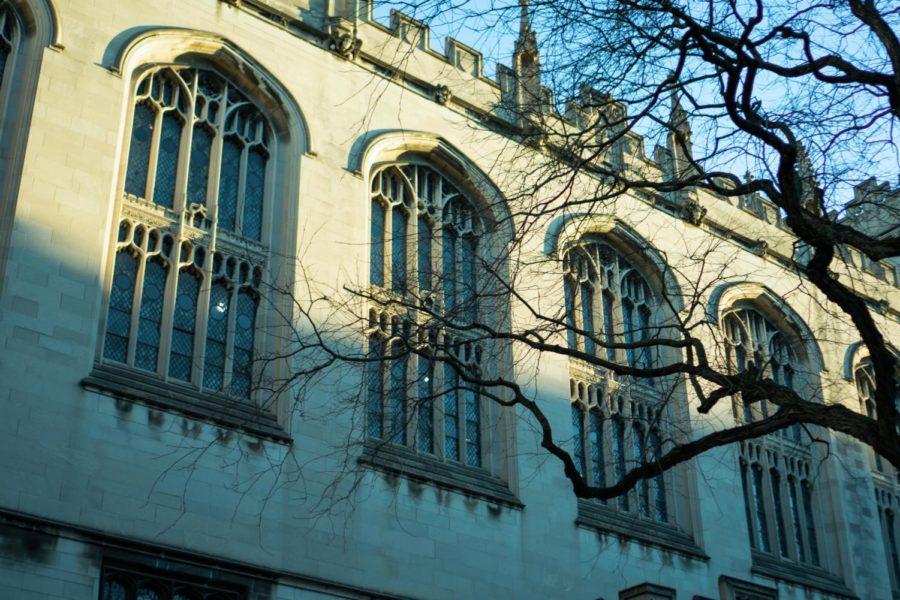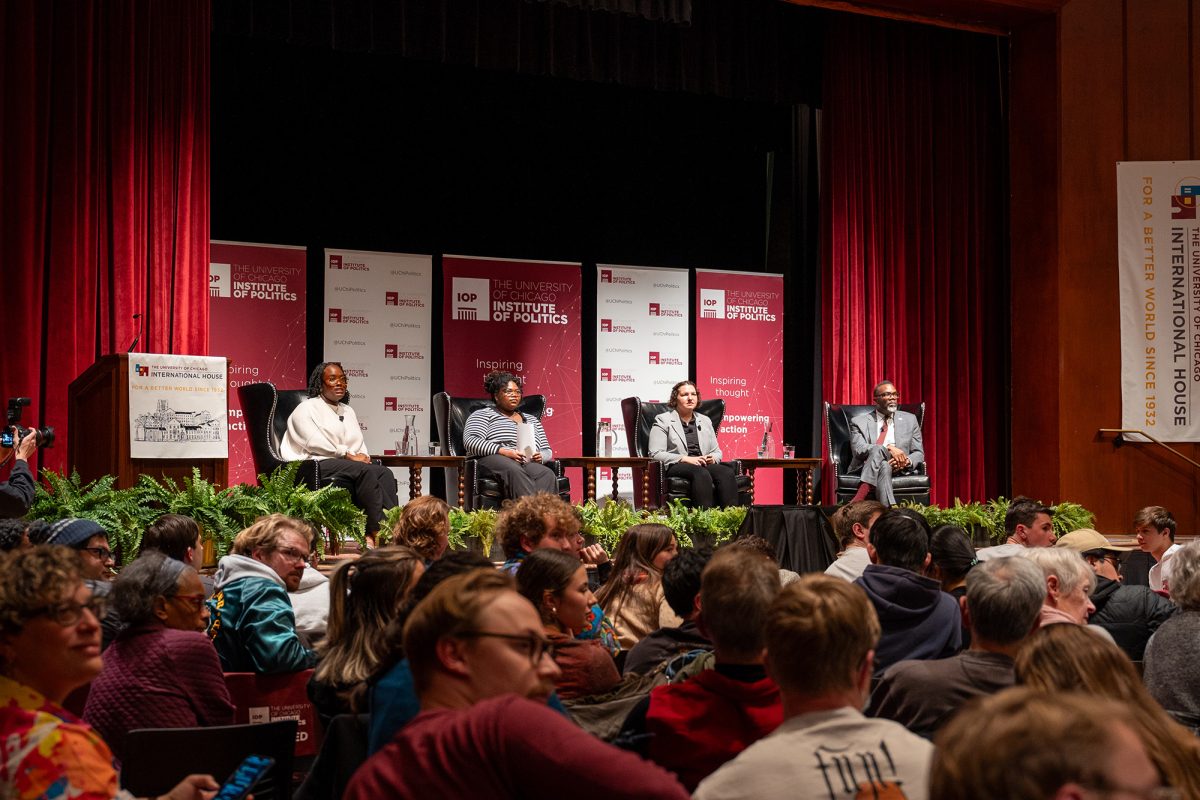On April 29, The Harvard Crimson published an editorial in support of the Palestinian-led Boycott, Divestment, Sanctions (BDS) movement. In this piece, The Crimson’s editorial board endorsed the Harvard College Palestine Solidarity Committee’s efforts to call for an end to the apartheid regime and Israeli settler colonialism in occupied Palestine. The Crimson’s support for BDS, rather than coming from a mere ideological leaning, is rooted in the newspaper’s beliefs in freedom, justice, and equality for everyone. These three principles are the foundational principles of BDS, which follows the boycott movements that emerged in apartheid South Africa. The BDS movement pressures multinational corporations to divest from Israeli operations; urges governments and international organizations to impose economic sanctions on Israel; and calls upon individuals to boycott Israel academically, economically, and politically. The goal of this pressure is to call for an end to an apartheid state so that people with different ethnicities and religions can live equally together under a free Palestine.
Freedom cannot be achieved with the existence of an open-air prison. Equality can’t be met simultaneously with an Apartheid Wall. Justice cannot be enacted when Palestinians are denied the right to return to their indigenous lands. Put differently, freedom, justice, and equality cannot exist without a free Palestine. Therefore, The Crimson saw it as essential to announce its support for the movement. I believe The Chicago Maroon should follow the same path. It is vital to state that the Maroon Editorial Board has not engaged with Students for Justice in Palestine (SJP) or other Palestinian movements from an institutional perspective or even expressed its opposition to the Israeli occupation of Palestine, and as a newspaper, it has historically published anti-Palestinian and Zionist opinions. However, this stance is changing slightly. Unlike The Crimson’s editorial board and opinion team, which before this groundbreaking reversal had publicized and voiced opposition to BDS and the liberation cause, The Maroon has taken steps to address this crucial issue, for example recently, when Viewpoints head editors deleted and apologized for a recent anti-Palestinian and Zionist op-ed. Additionally, The Maroon has published opinions in support of Palestine and the BDS movement. I highlight The Maroon’s progressiveness compared to The Crimson’s to point out its potential to follow the same path as The Crimson by publishing an editorial in support of BDS and Palestinian liberation.
Support for BDS means not only a free Palestine but also protection for those want to speak up against Israel—whether condemning its injustices as a settler-colonial state or highlighting its pitfalls—without facing repercussions in a country where Israeli lobbyists have close ties with the government, business owners, and educational institutions. For example, Omar Barghouti, the co-founder of BDS, was banned from traveling on various accounts. Similarly, students who openly support BDS have faced repercussions from their universities. Employees, a journalist specifically, have been fired from their jobs. Even in the United States, there has been a general crackdown on pro-Palestinian public figures and movements. We can’t turn a blind eye to everything that is happening in front of our eyes. We can’t deny the existence of the continuous demolition of Palestinian homes and the displacement of families or the hundreds of Palestinians who were killed or who lost their lives in Israeli prisons.
As this is my last quarter at UChicago, I wanted to write about Palestine in The Maroon. However, I decided to write anonymously because, as I indicated in the previous paragraph, students who are openly pro-Palestine are usually harassed, which can put their futures in danger—especially at an influential university in the United States that has ties to Israel. Maybe this column will demonstrate to others the dangerous consequences of speaking out in the “free country.” And maybe this column will pressure American universities, journals, corporations, and institutions to be more accepting of free speech—even on this issue. I believe that The Maroon has institutional privilege in this matter because it is capable of influencing the public opinion on campus. I hope this column will pressure The Maroon to take more pro-Palestinian stances. Its endorsement of BDS and a free Palestine could convince other students to take part in the Palestinian liberation movement in general and BDS in particular. Its endorsement would also pave the way for a safe environment for individuals who are associated with the movement and for freedom, justice, and equality to exist.
The author has requested anonymity out of fear of harassment and retribution.








